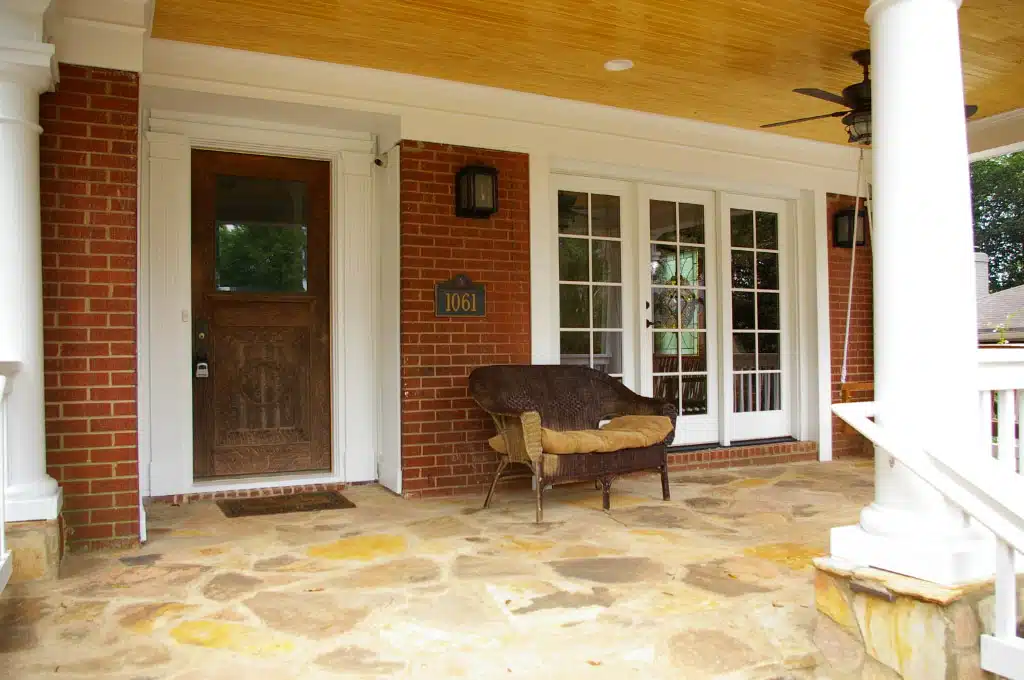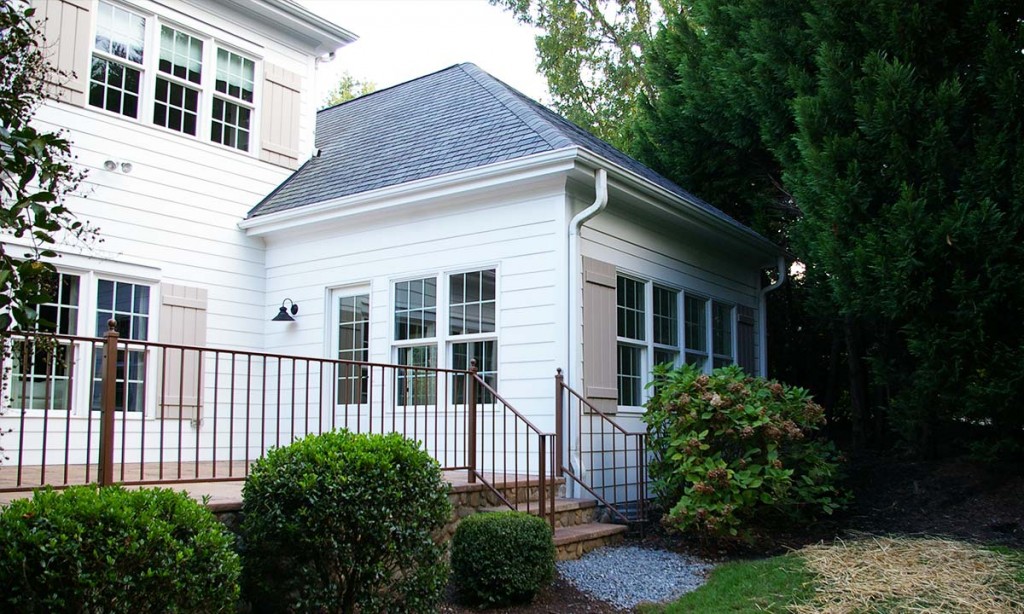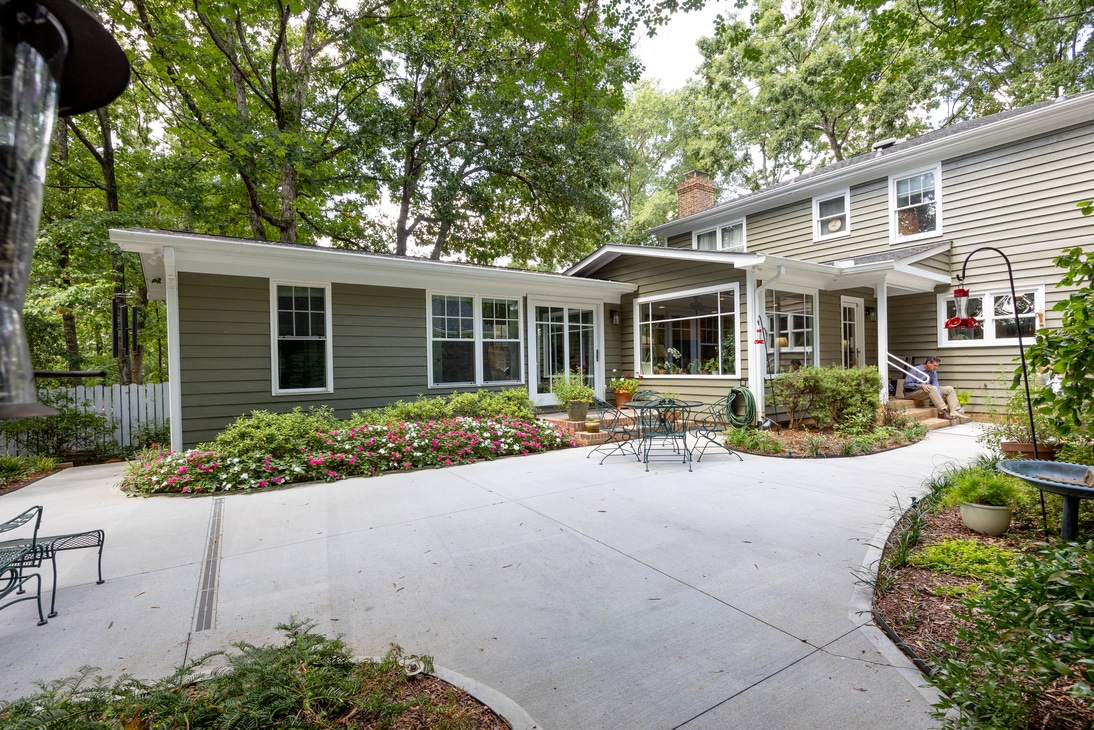
Many homebuyers have regrets – Here’s how not to!
It didn’t surprise us too much to see a recent CNBC article whose headline screamed: “75% of Americans who moved last year have regrets.” After all, we wrote an entire book on “Remodeling and New Construction With No Regrets: How to Avoid the Most Common and Frustrating Mistakes Homeowners Make,” so we are in-tune with the myriad things consumers are unhappy with and what they have told us they wish they had done differently as they were weighing their options in regards to moving, building or remodeling.
There were many regrets noted in this particular article, which was based on a survey of 1,000 people who moved in 2022 and was conducted by real estate brokerage Home Bay. Among the most cited were unplanned costs, the trouble involved with moving, taking too long, costing too much, harming relationships, and just plain not liking their new home. Perhaps not surprisingly, the top two regrets (that tied at 20% with buyers) were wishing they moved to a larger house and missing their former home.
It was these very feelings expressed by prospective clients and clients that motivated us to write our book. As we noted in its introduction: “As qualified professional contractors with more than three decades of experience in all facets of residential home remodeling, home additions, home repairs and new custom home construction, we’ve heard from countless satisfied customers who have done things the correct way. Sadly, we’ve also had other folks come to us to correct the things that their previous builder, contractor or handyman didn’t do, did incorrectly, or simply shouldn’t have done in the first place. Over the years, we’ve listened to and learned from both the wonderful experiences and the poor ones and used them to establish our own solid processes. While those processes ensure that our own clients are well taken care of, we wanted to do more. After all, we can’t help everyone in person – as much as we would like to – so we took the time to assemble this book.” Our goal was to educate homeowners and prevent them from falling into some common frequent traps.
The Biggest Regret – Not Remodeling
We may be a bit biased, as we are primarily a home remodeling and home additions company, but since we also build custom homes, we feel that we can be objective about the issues involved in most homeowners’ biggest decision – whether to stay in a house they love and remodel it to become their forever home or to start from scratch somewhere else.
While there are times when making a clean move makes financial and emotional sense (particularly if you are moving into a new area, no longer have ties to a neighborhood you once loved, or simply don’t like your existing home and don’t have the space, time or funds to remodel it) there are many costs associated with moving that many homeowners don’t fully realize until it is too late.
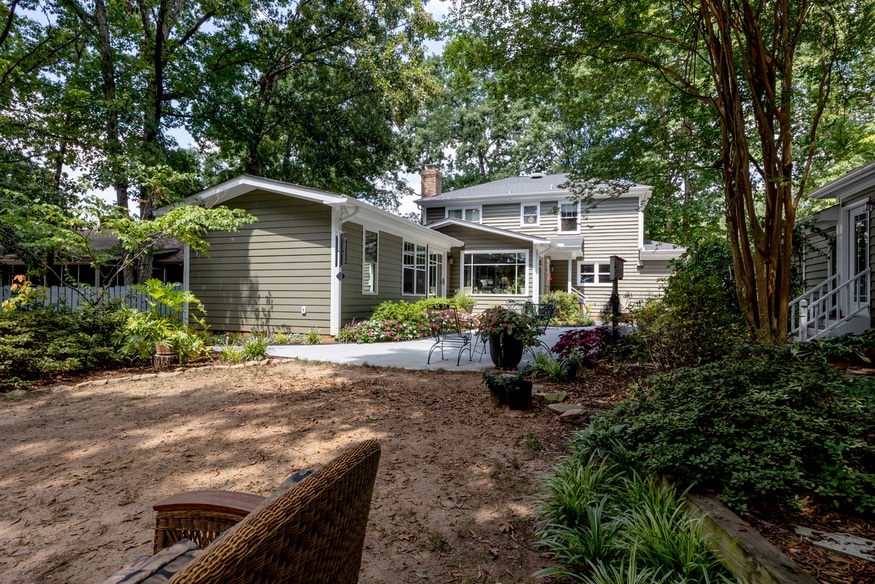
The Emotional Costs on Your Family
These are perhaps the most often overlooked costs, but they can carry the highest price. One of the main determinants of whether you stay in your existing home should always be your family. Carefully consider the impact that a move would have on each of your family members. Look at the very practical issues that impact your daily quality of life. Determine whether a move would require a change in your children’s schools – and if that change would be positive or negative. Consider how a move would impact both your and your spouse’s commute to work, church and frequently attended activities. Don’t neglect the importance of strong networks when weighing the pros and cons of a move. Also think about institutions you frequent, such as your church, your gym, the bank you use and the accountant you trust. How would a move impact your ability to maintain these spiritual, social and business relationships?
Understand the Home You Have to Work With
Take a brutally honest look at your neighborhood and your home’s place in it. Does your neighborhood have the amenities that are important to you? Is it in the ideal location for your family? Could you purchase a home of similar or larger size with the amenities you need in the price range and area that you are looking for? In today’s hot Charlotte housing market and with interest rates where they are, that might not be the case.
Next, consider your home. Do you love it, but dislike one particular room or aspect of it? If you could just create more space, add a more functional kitchen or an extra bath, would you fall in love with your home all over again? If so, a Charlotte home remodeling project might be right for you. Don’t worry if you can’t envision exactly how the new kitchen, bathroom or addition can be added – after all, that’s why you’ll be hiring a professional. The key here is to decide if, with a few changes, the house that you are in now could be your dream home.
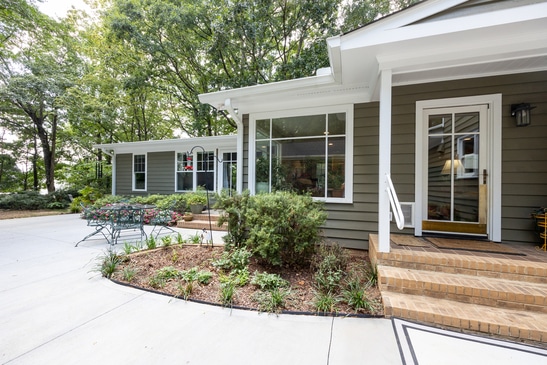
Understand the Full Costs of a Move
We always advise potential clients to consider the true cost of moving, which is likely much higher than you would anticipate. Depending on which national study you look at, the real costs of moving can be anywhere from 10 percent up to 17 percent of your home’s sales price. That number includes items like RealtorÒ commissions, necessary home repairs before selling, seller concessions, seller closing costs and moving costs. Added to that large percentage are the expenses for upfits and purchases for the new home, as well as possible increases in interest rates and property taxes.
It also doesn’t include those annoying what-ifs of moving. For example, if you haven’t already located or closed on your new home by the time yours sells, you’ll need a temporary place to stay, which means you’ll have to move twice. Conversely, if you move before your existing home sells, you’ll need to cover two mortgages for an undetermined period of time. Also, while you know the repair status of the elements in your existing home, you may be inheriting someone’s problems when you move if there are issues that don’t show up on your new home’s inspection report. If the seller is making repairs, make certain they have been properly completed by a licensed, professional contractor – electrical, exterior wood, roofing, boxing, siding and subfloor structural issues often won’t become apparent for several months or longer, when the cost to re-repair correctly will come out of your pocket.
Also remember when weighing the cost of remodeling vs. moving that with remodeling you are investing in your home. If planned and executed properly, you may recoup a large portion of your renovation expenses, particularly if you plan to stay in your home for a few more years.
When considering the long-term monetary return as well as all the issues involved in deciding whether to remodel or move, it’s vital to keep in mind what money can’t buy. Your family’s daily quality of life is far more important than a potential monetary return years down the road.
Want to learn more about how to avoid regrets in your Charlotte home remodeling project? Consider purchasing our book, and reach out to us when you are ready to talk about your project.


